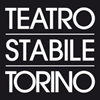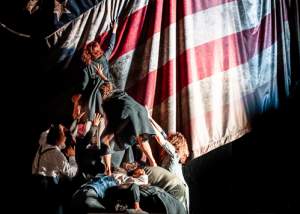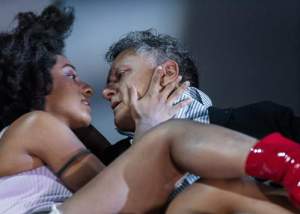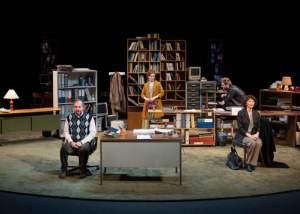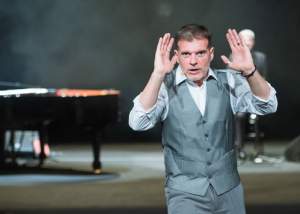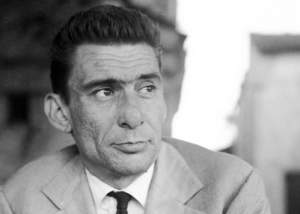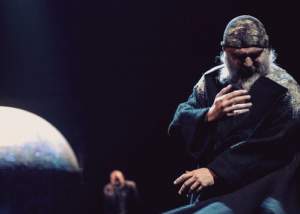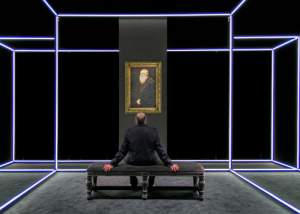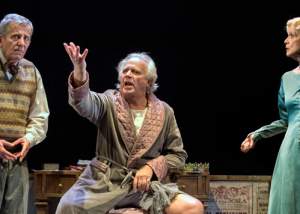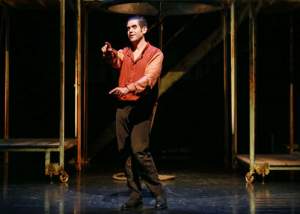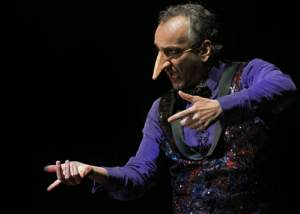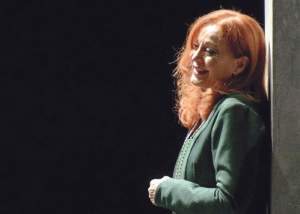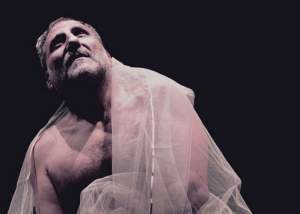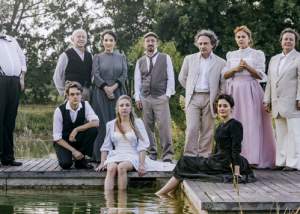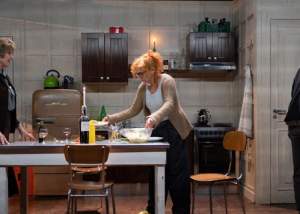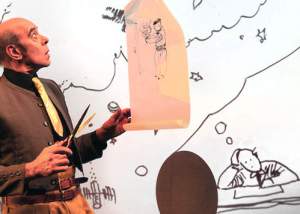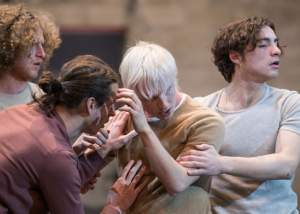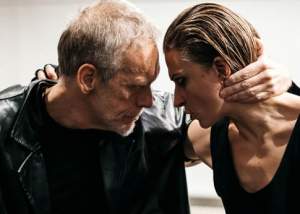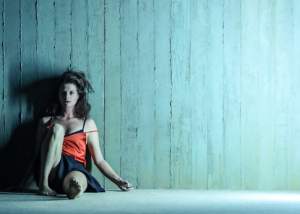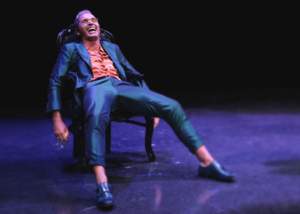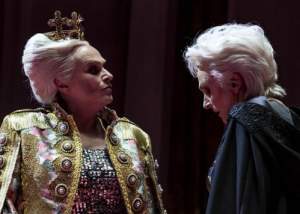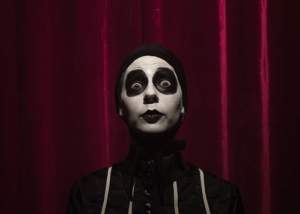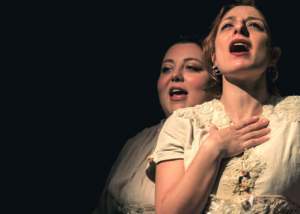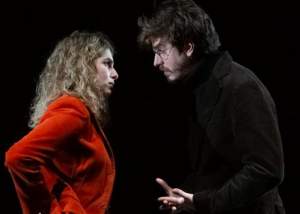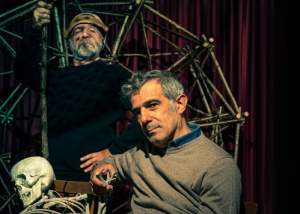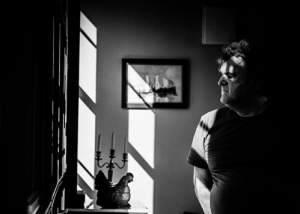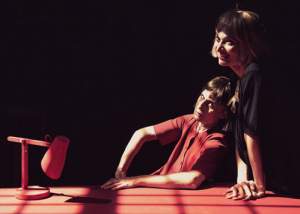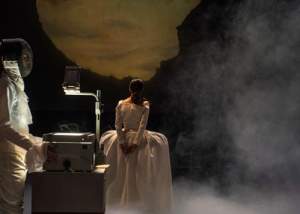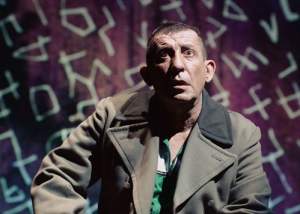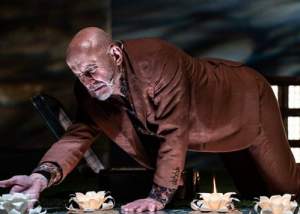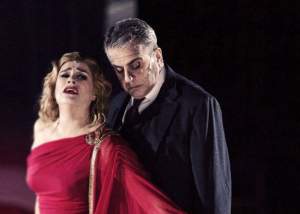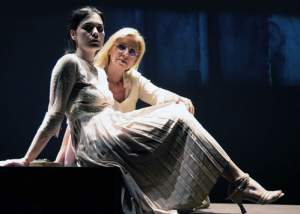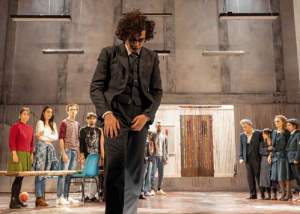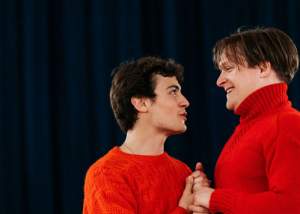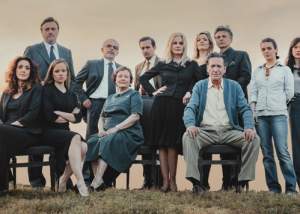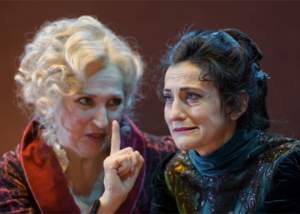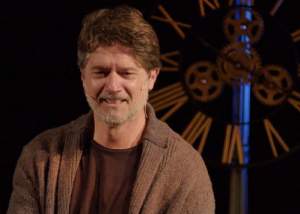OUT OF THE BLUE – SEASON 2022 /23
Our concept of theatre centres on the value of artistic creation to stimulate critical thinking and foster social cohesion. Through a combination of ethics and aesthetics, we would like the physical and temporal spaces of the Carignano, the Gobetti and the Fonderie Limone to be a source of new and shared narratives, poised between taking cultural risks and achieving wide-ranging participation. We believe that to attain this goal, establishing the identity of our theatre must primarily be in the hands of the artists at work there and their ability to catalyse ideas, kindle expectations, and cater for the needs of audiences who are increasingly diverse in terms of age, education and background. Consequently, a team of resident and associate directors has been assembled with our artistic director Valerio Binasco. The team is committed to consolidating a multifaceted perspective and prompting lateral thinking that can occasionally be disturbing and unconventional.
Lamberto Vallarino Gancia / President
Filippo Fonsatti / Director
Under Binasco’s charismatic leadership, this artistic team, which includes Filippo Dini, Kriszta Székely and Leonardo Lidi, embraces the idea that theatre should be the art of interacting with audiences. Its common goal is to stimulate a reflection aimed at understanding and addressing the fast-paced changes our times are experiencing. We count on the intellectual vitality of these artists to deliver a compelling and distinctive production project. Their work stems from exchanging and merging their diverse yet complementary personal narratives, ideas, styles and working methods. I titoli da loro messi in scena costituiscono la struttura portante del cartellone. The productions they stage provided the main framework of the season’s programme.
Binasco returns to Pirandello with Sei personaggi in cerca d’autore (Six Characters in Search of an Author). He also presents the world premiere of a play by Melania Mazzucco: Dulan la sposa (Dulan the Bride). Dini directs and interprets two great North American contemporary theatre works seldom performed in Italy: Arthur Miller’s The Crucible and Tracy Letts’ August in Osage County. Kriszta Székely directs Shakespeare’s Richard III, in which Paolo Pierobon returns after his successful Uncle Vanja. Her latest creation for the Katona Theatre in Budapest, Ibsen’s Hedda Gabler, is also being presented in Turin. Leonardo Lidi is producing a play commissioned from young Diego Pleuteri, Come nei giorni migliori (As on Better Days), and Chekhov’s bougeois drama, The Seagull.
A considerable section of the programme is devoted to repertoire, extending from classical tragedy to 20th-century masterpieces. Under Gabriele Vacis and his fellow School for Actors alumni, Sophocles’ Antigone becomes the emblem of a self-aware, assertive youth capable of challenging pre-established power. Conversely, Aeschylus’ Oresteia, directed by Davide Livermore, reflects on totalitarian regimes and conveys the image of a world on the verge of collapse that looks very much like ours. Shakespeare is also featured thanks to a production of Richard III, together with a revival of The Tempest staged by Alessandro Serra as part of a national and international tour. There is also a new edition of Othello directed and performed by Jurij Ferrini, and a guest production of The Merchant of Venice with Franco Branciaroli in the title role.
The 19th century will be spanned from its earliest to its latest years with a co-production of Schiller’s Mary Stuart, directed by Livermore, Rostand’s Cyrano de Bergerac, directed by Arturo Cirillo, Chekhov’s The Seagull and three Scandinavian pieces: Spectres (directed by Rimas Tuminas), Ibsen’s Hedda Gabler and Strindberg’s Miss Julia. We then reach the 20th century with Sei personaggi in cerca d’autore (Six Characters in Search of an Author), two masterpieces by Miller, The Crucible and A View from the Bridge, staged by Massimo Popolizio, Thomas Bernhard’s Old Masters, staged by Federico Tiezzi, and lastly Harwood’s The Dresser with Geppy Gleijeses. In choosing these works, our aim is to perpetuate the repertoire by relating it to today’s audiences, by innovating traditional acting, and by showing it to younger generations in all its vibrancy.
Of course, contemporary dramaturgy is also given considerable prominence with thirty plays that elicit collective reflection on issues relating to gender, family relations, generational conflicts, political satire, social prejudices, the environment, individual and collective responsibilities: they contribute to jolting our consciences and adjusting our understanding of the world, albeit minimally. Indeed, we believe that in an age that continually confronts us with transient, alluring and unrelated stimuli, the theatre can provide an opportunity to regain analytical depth and critical thinking by virtue of narratives that unfold and are experienced as part of a shared attendance and an empathetic relationship with the actors for the duration of the performance.



